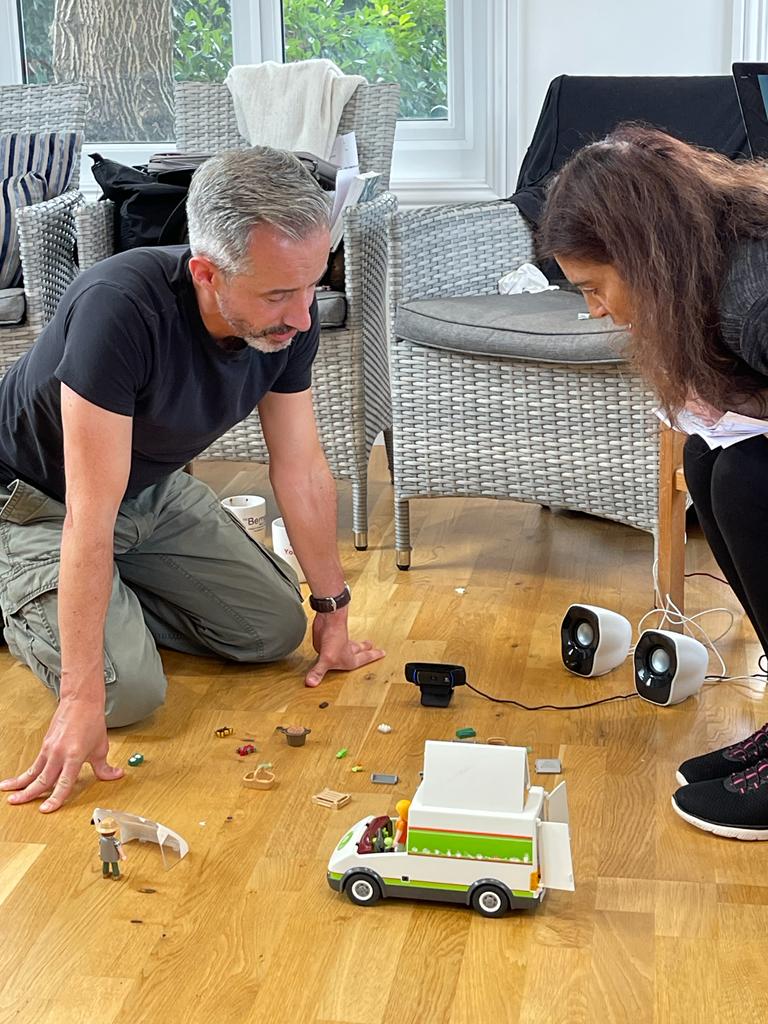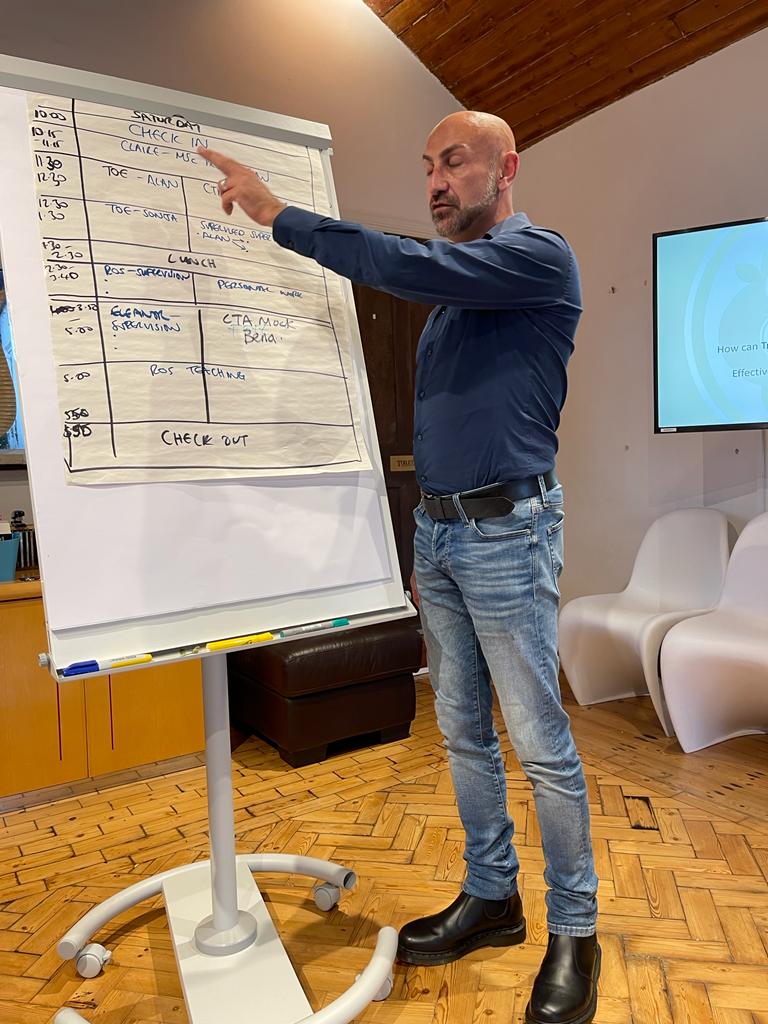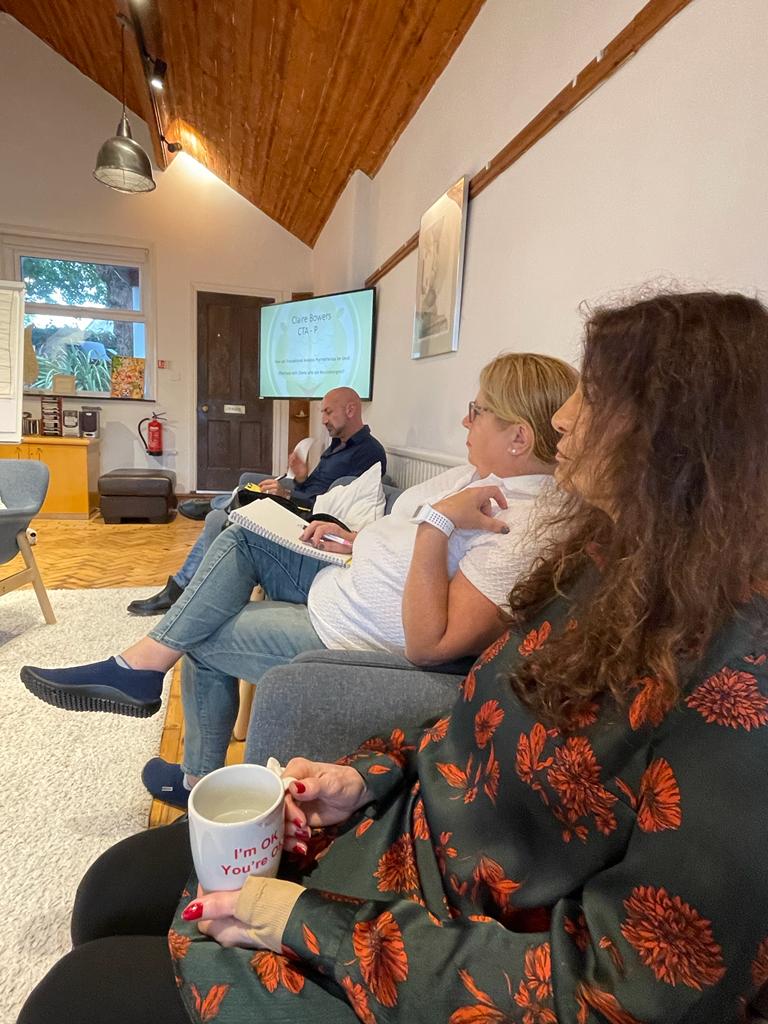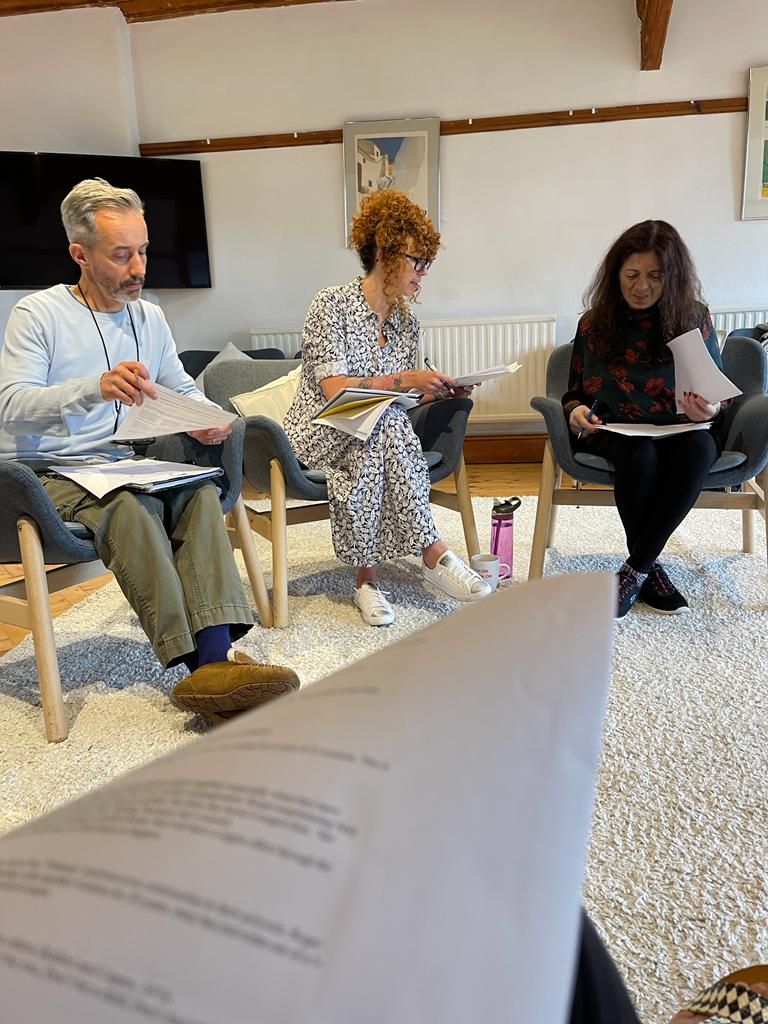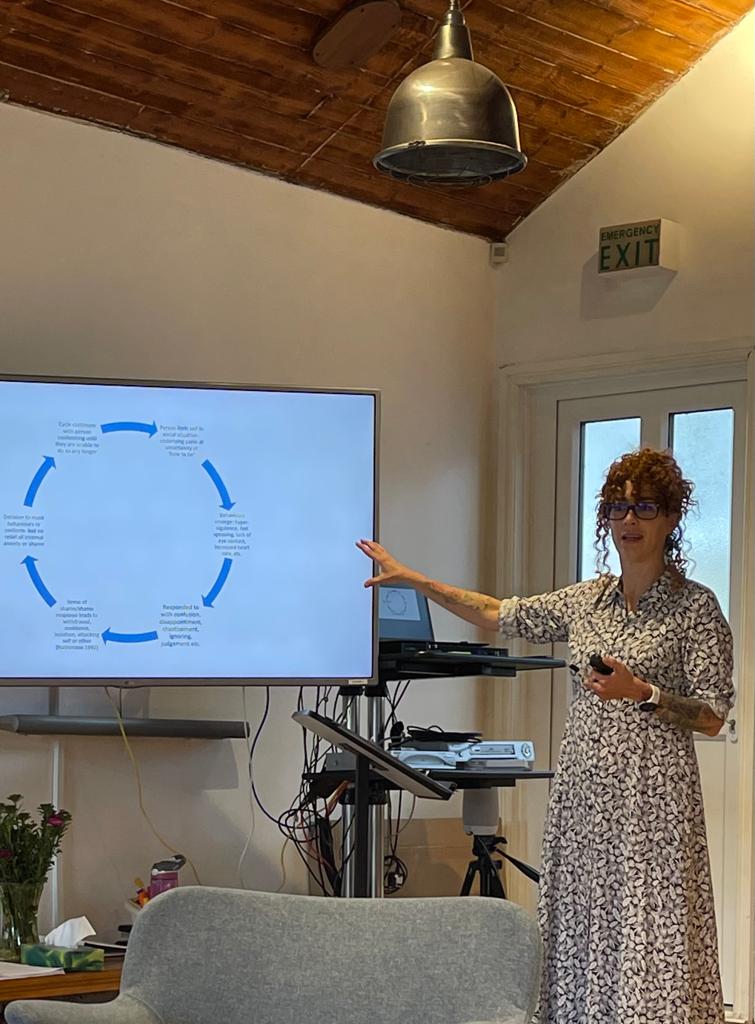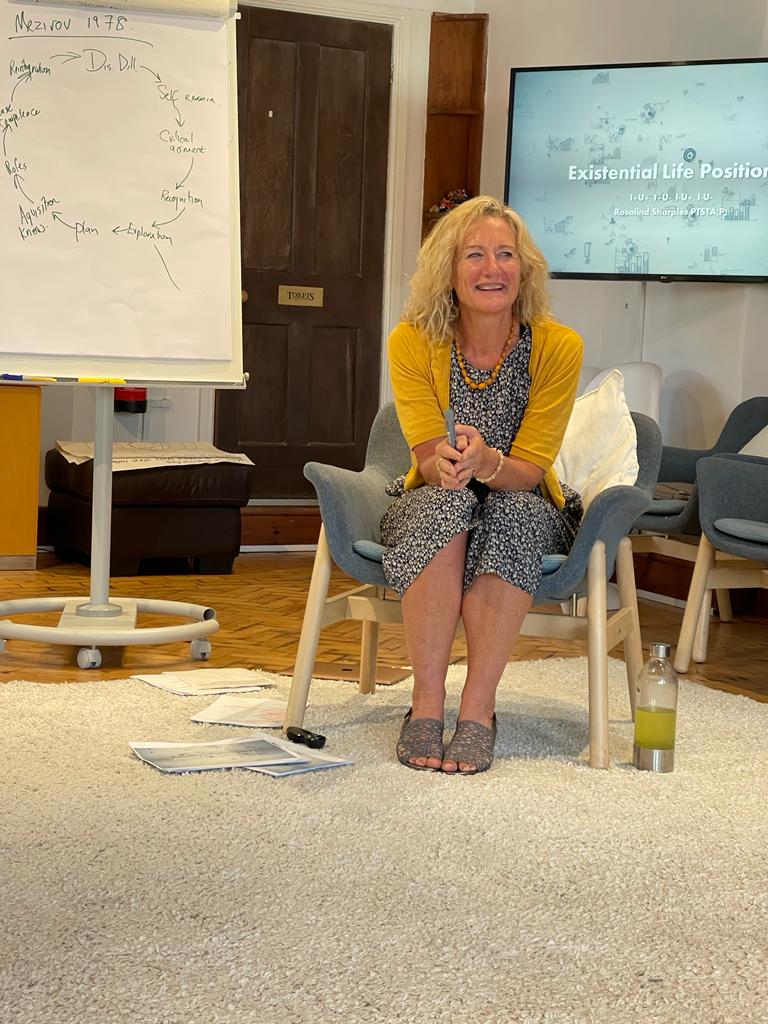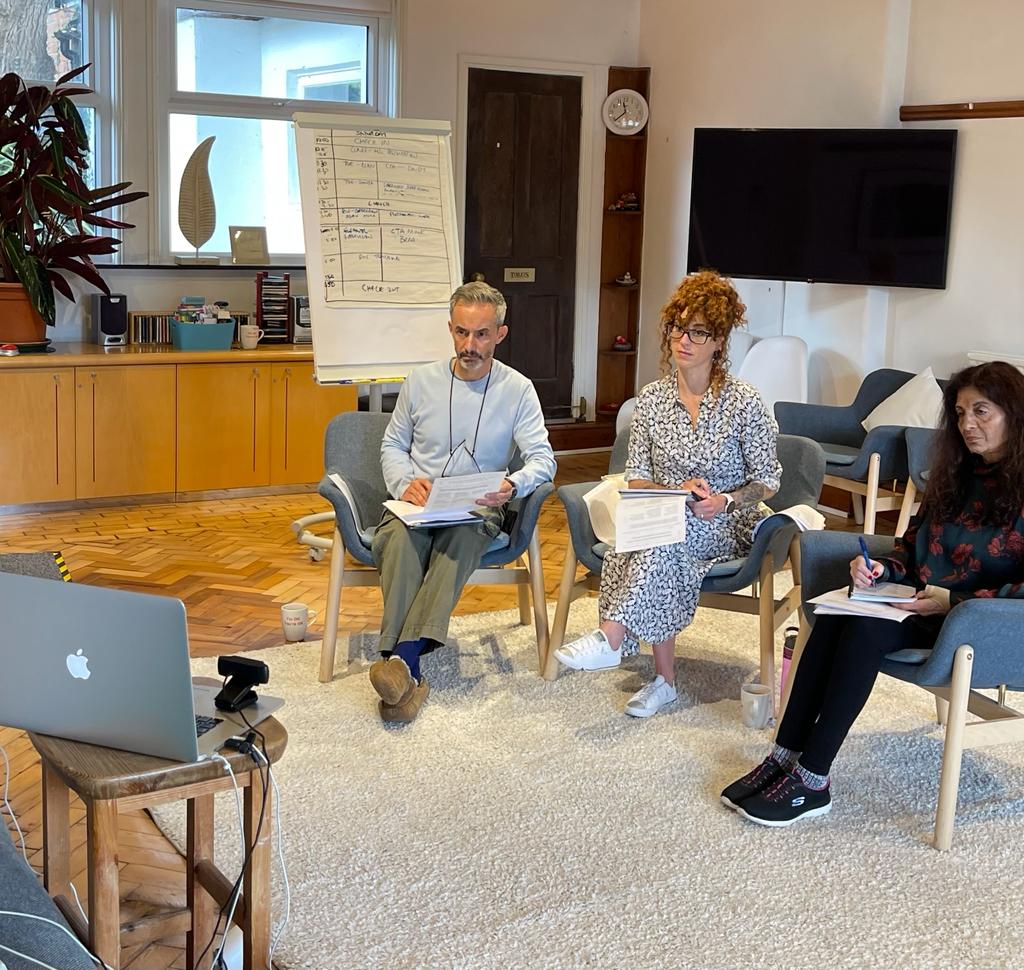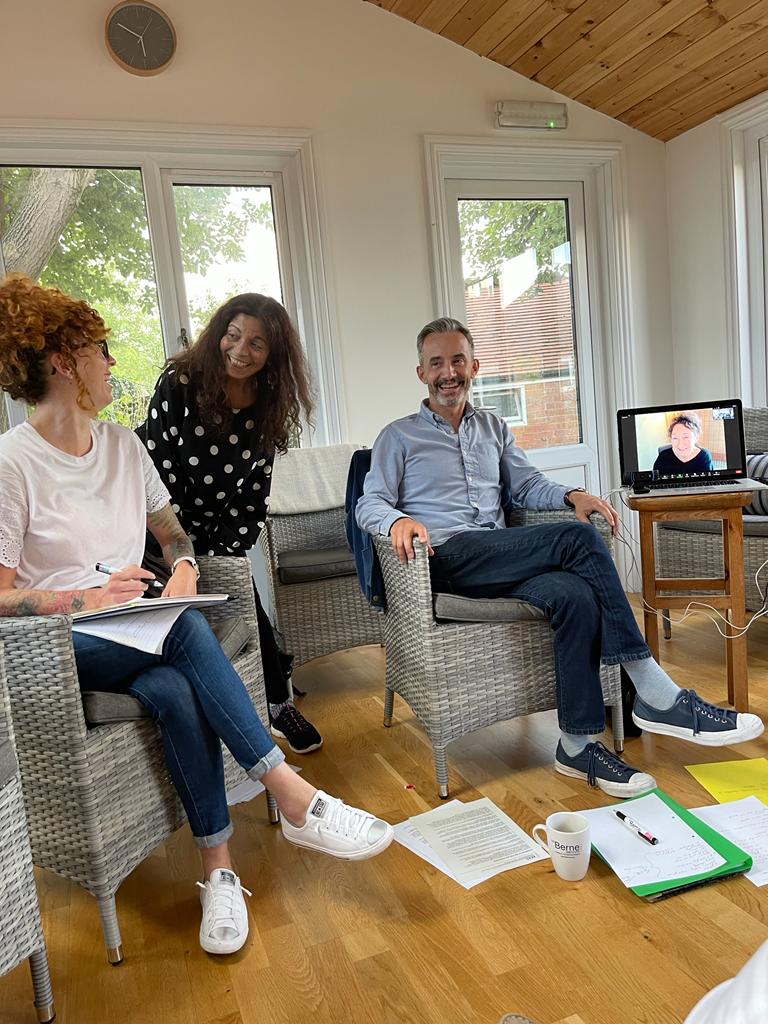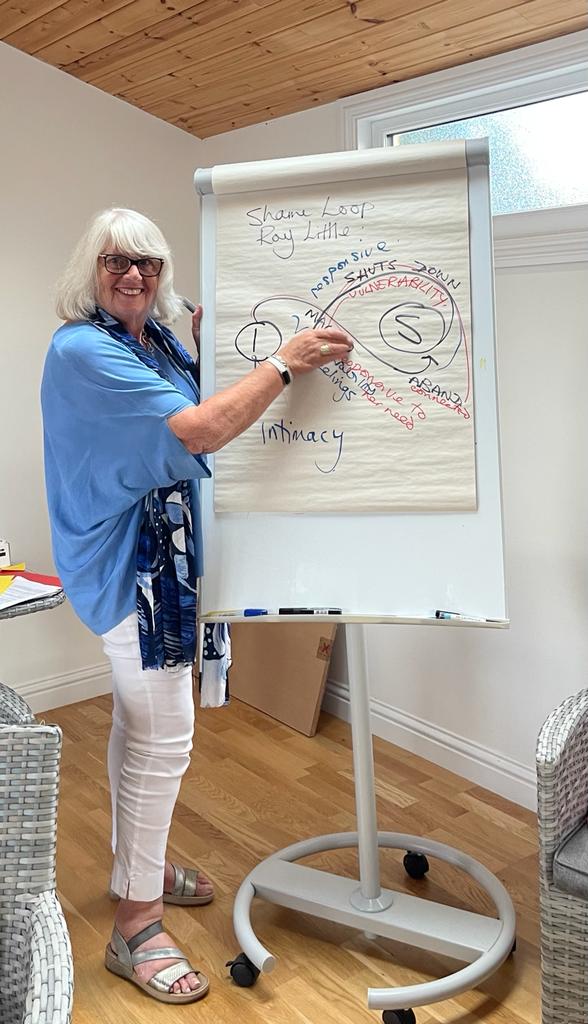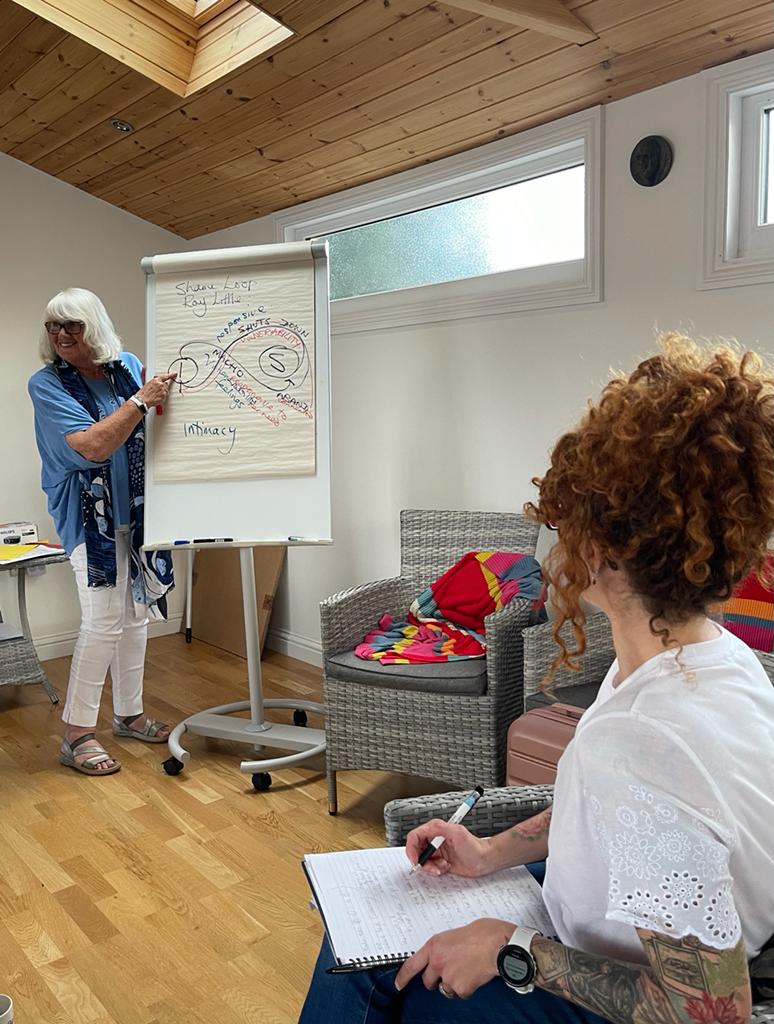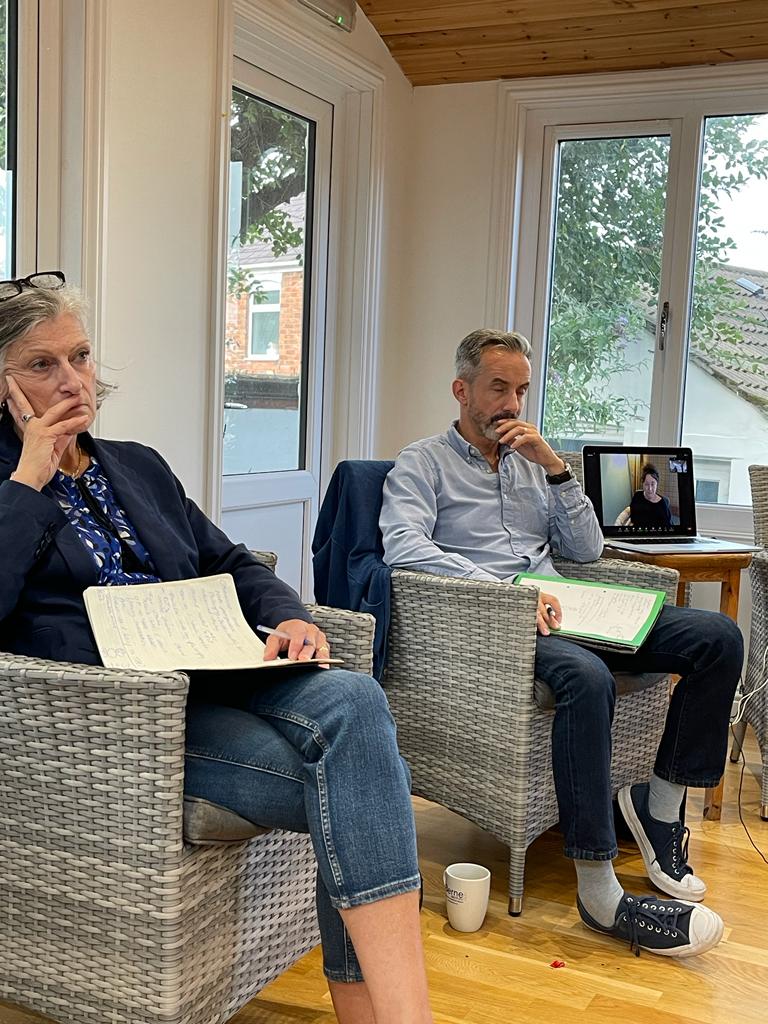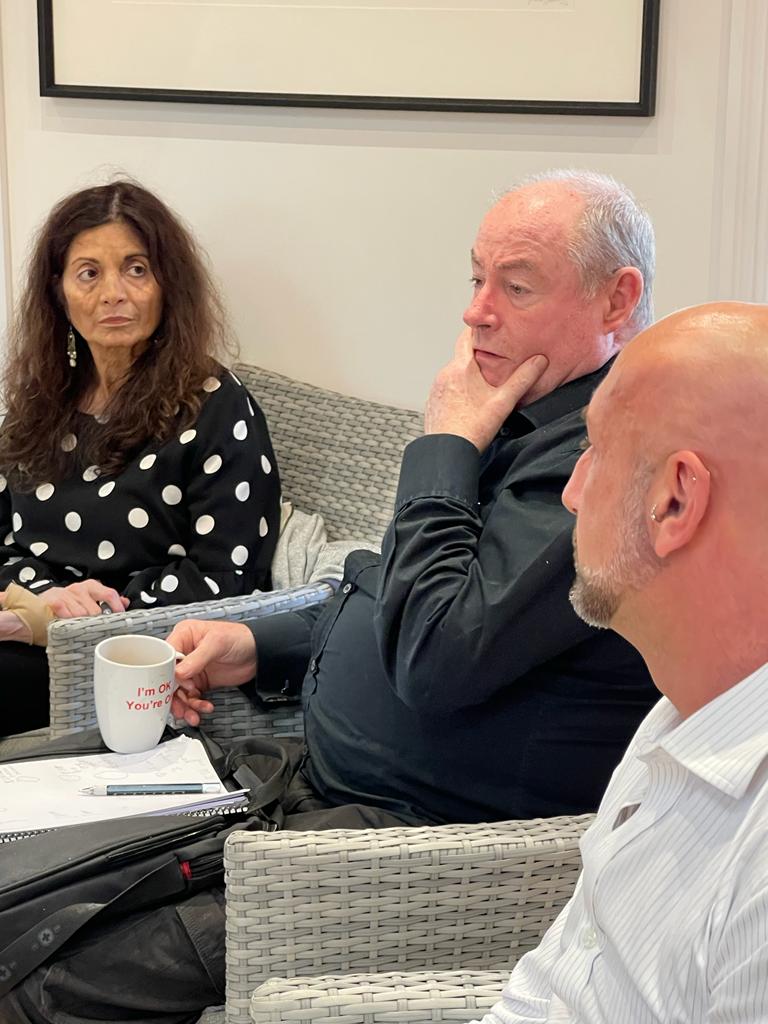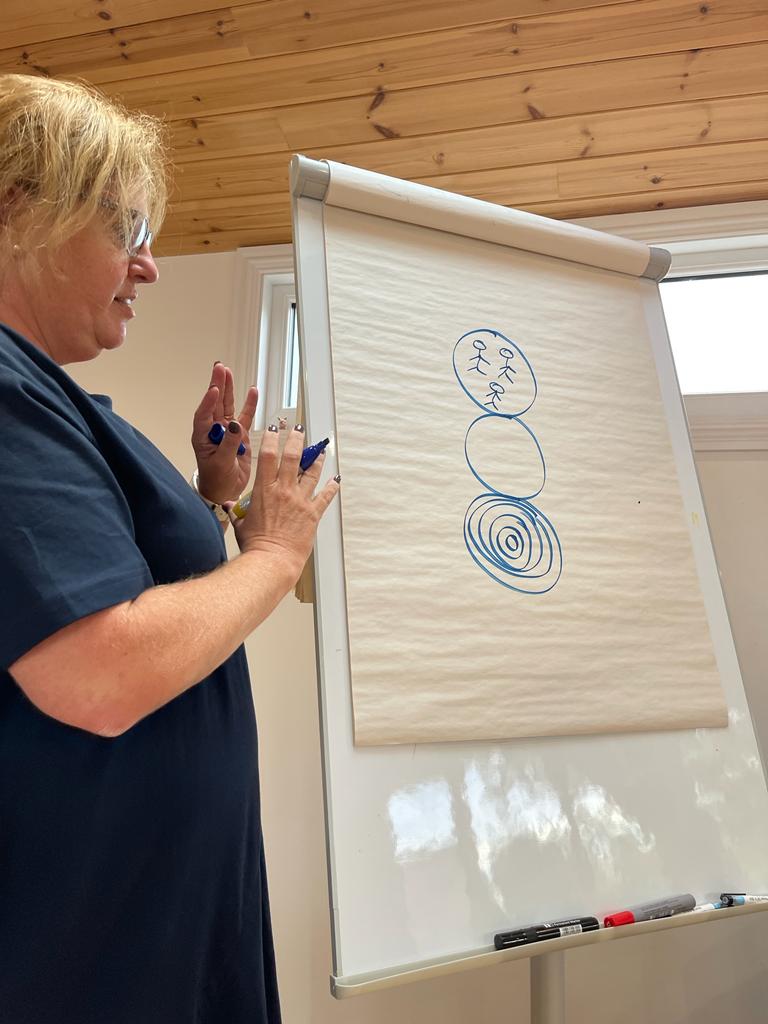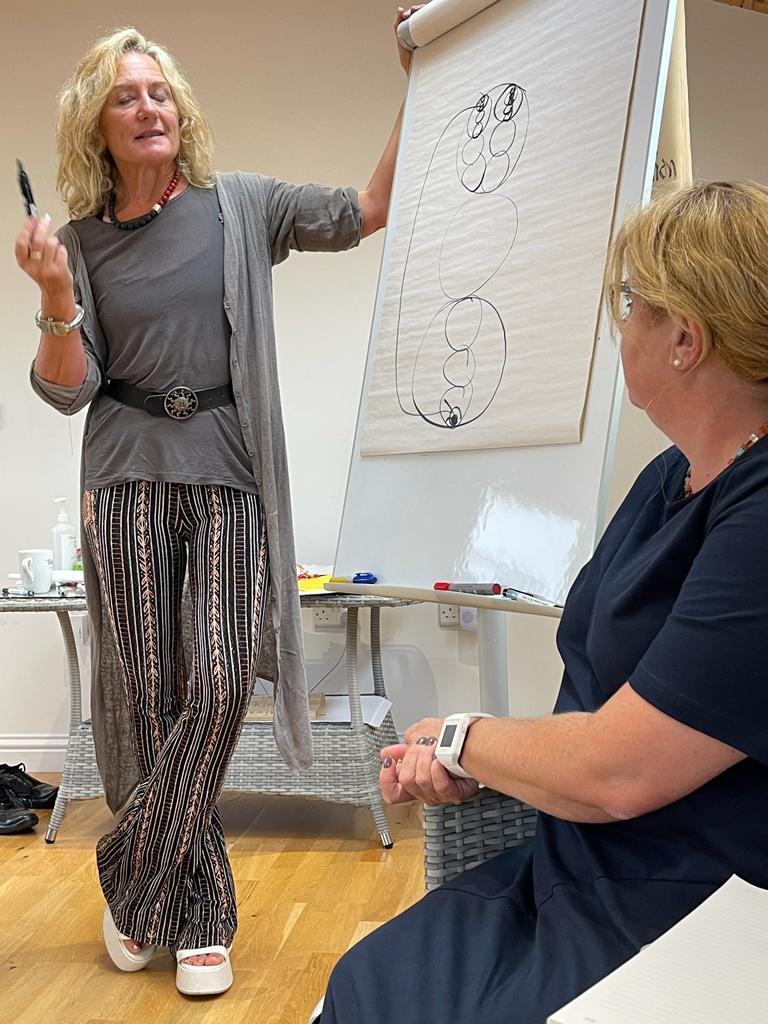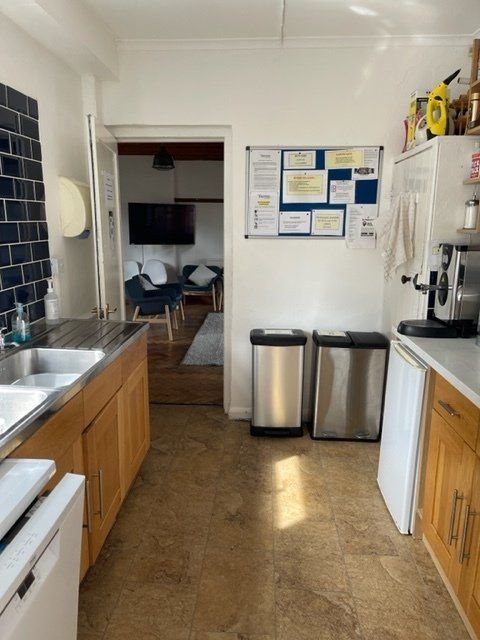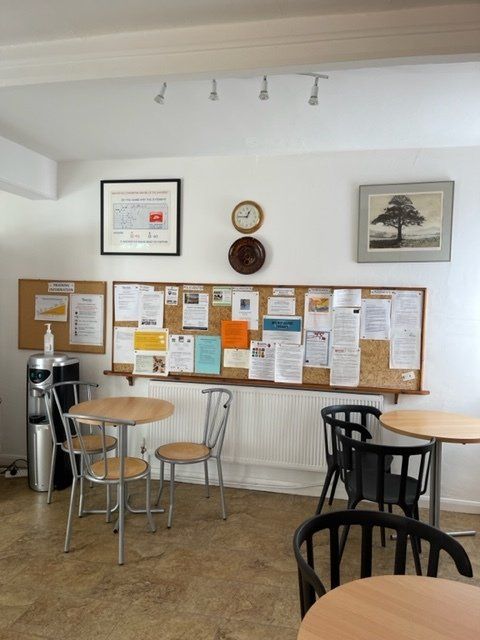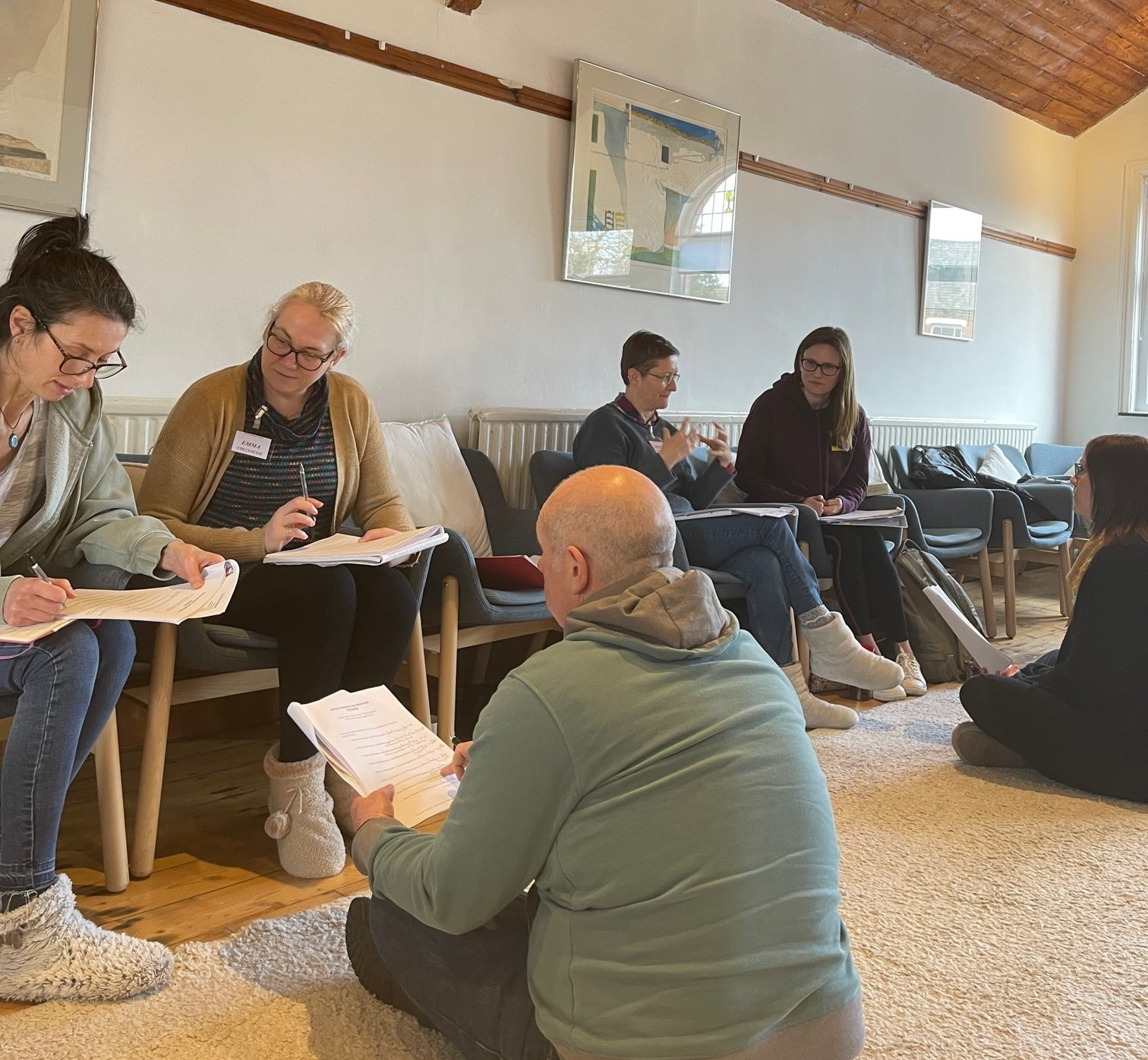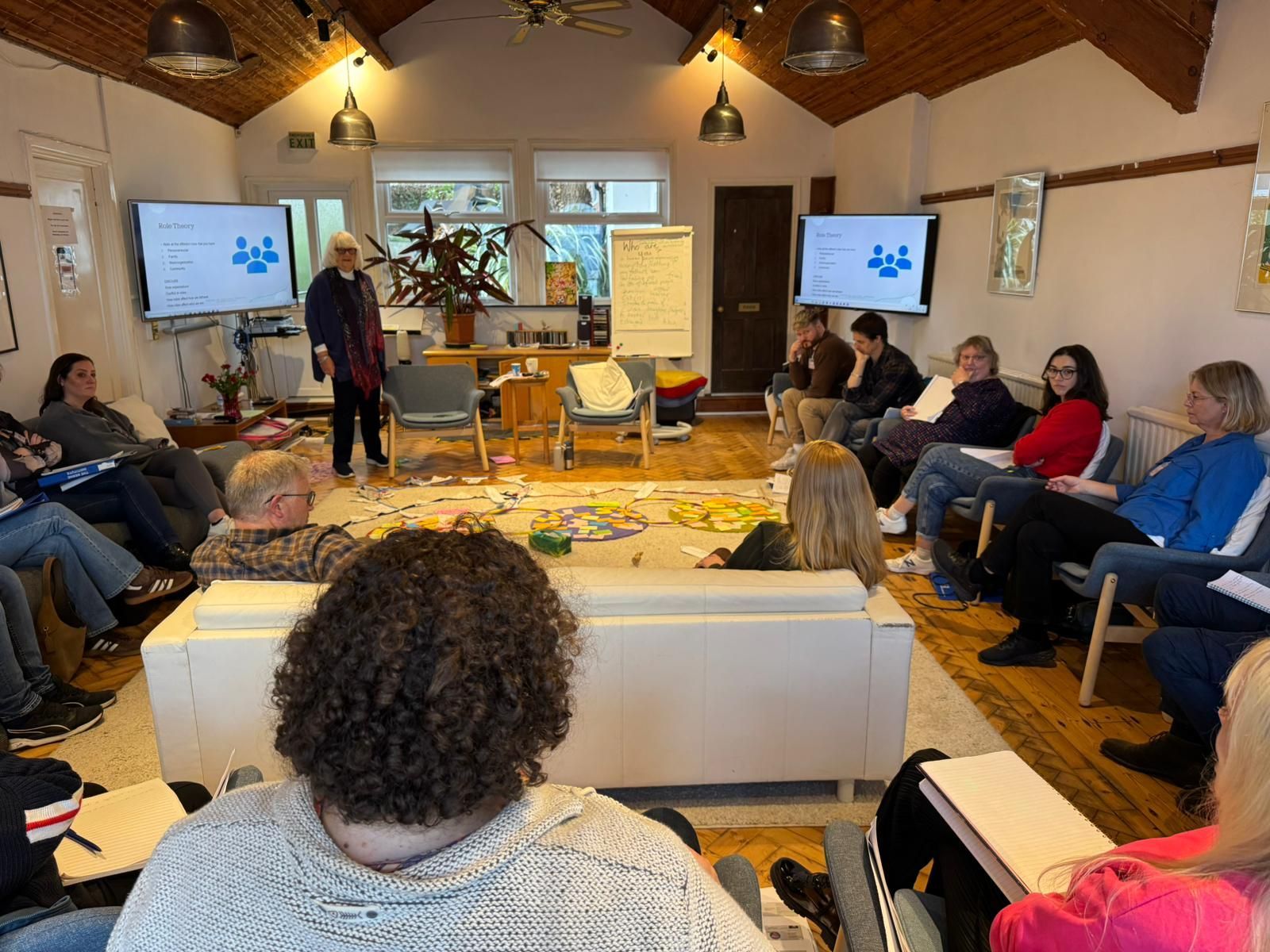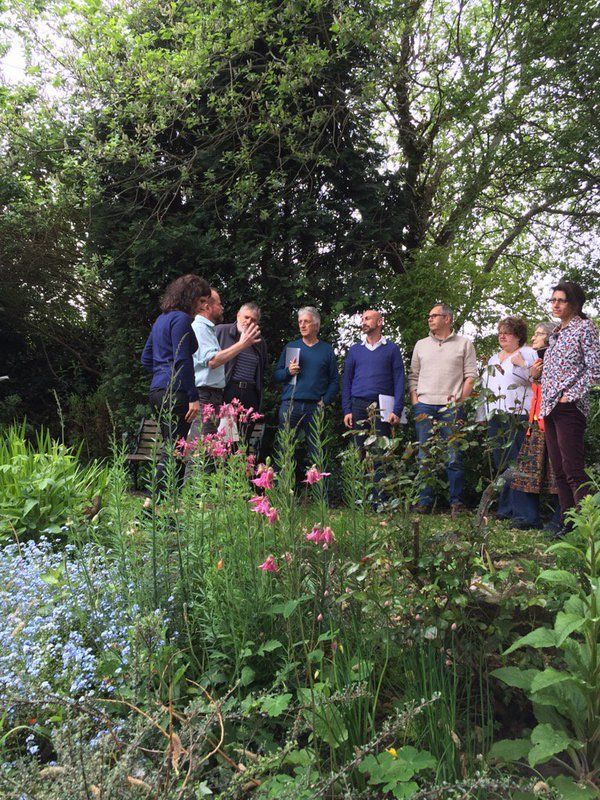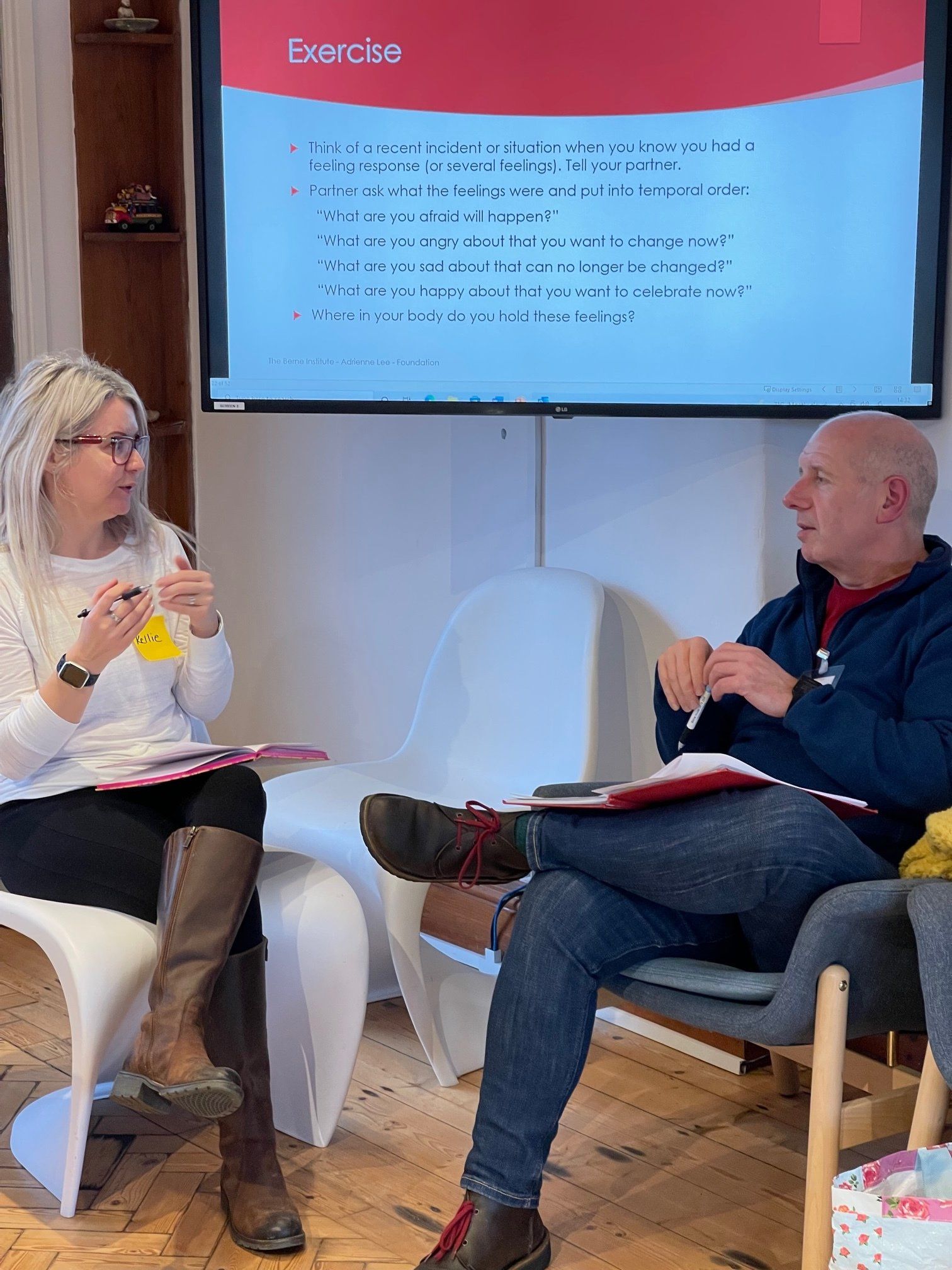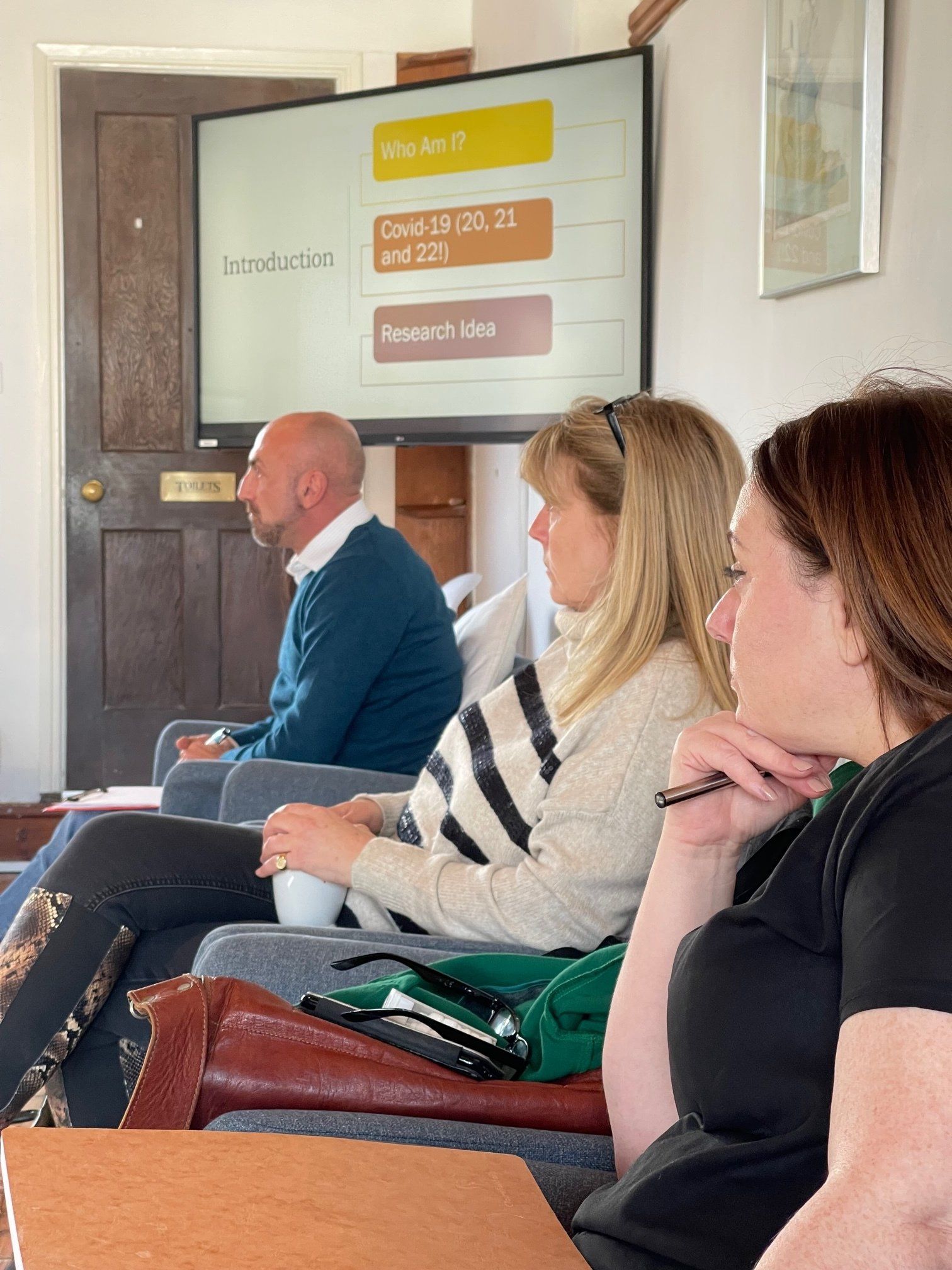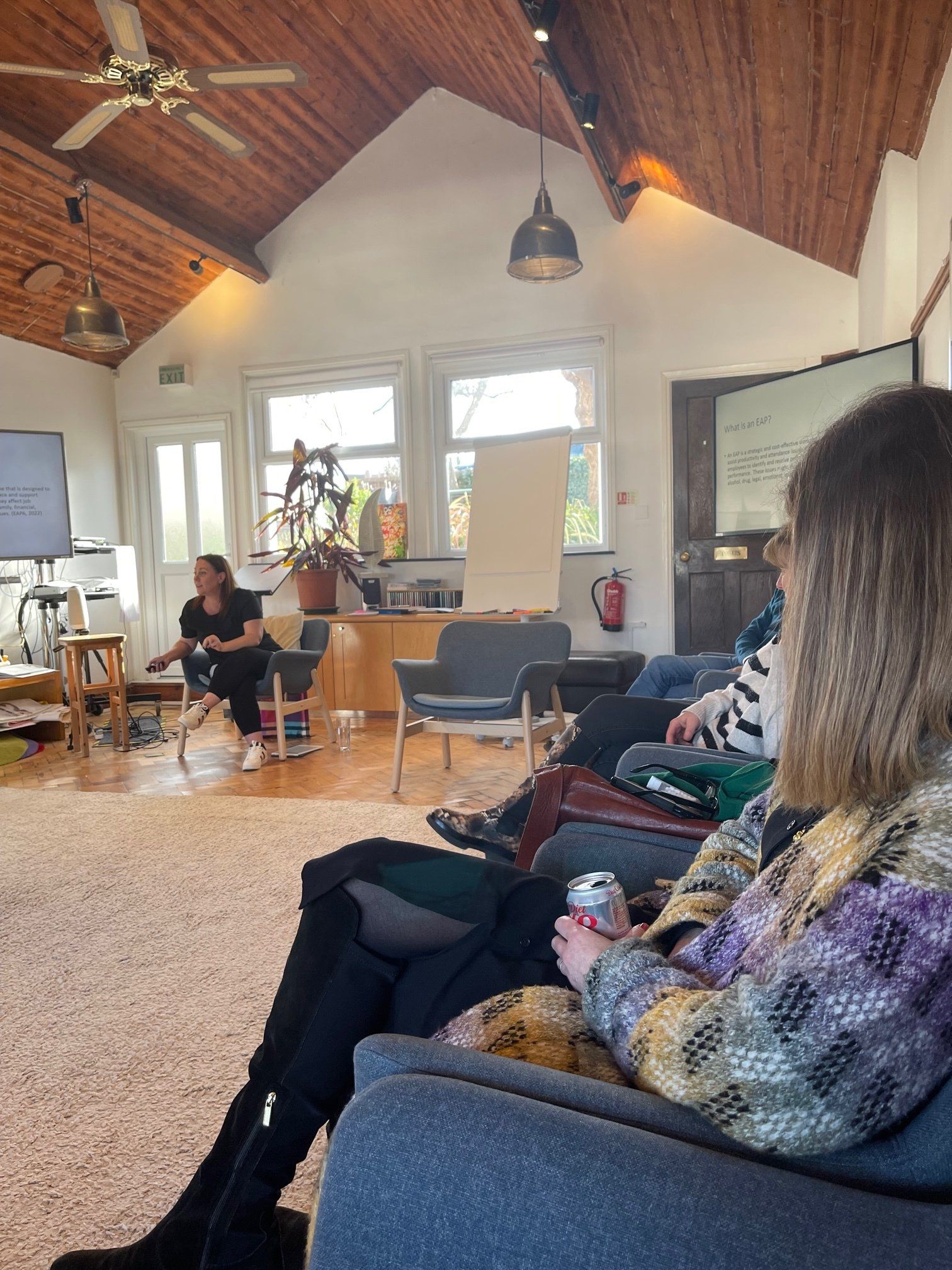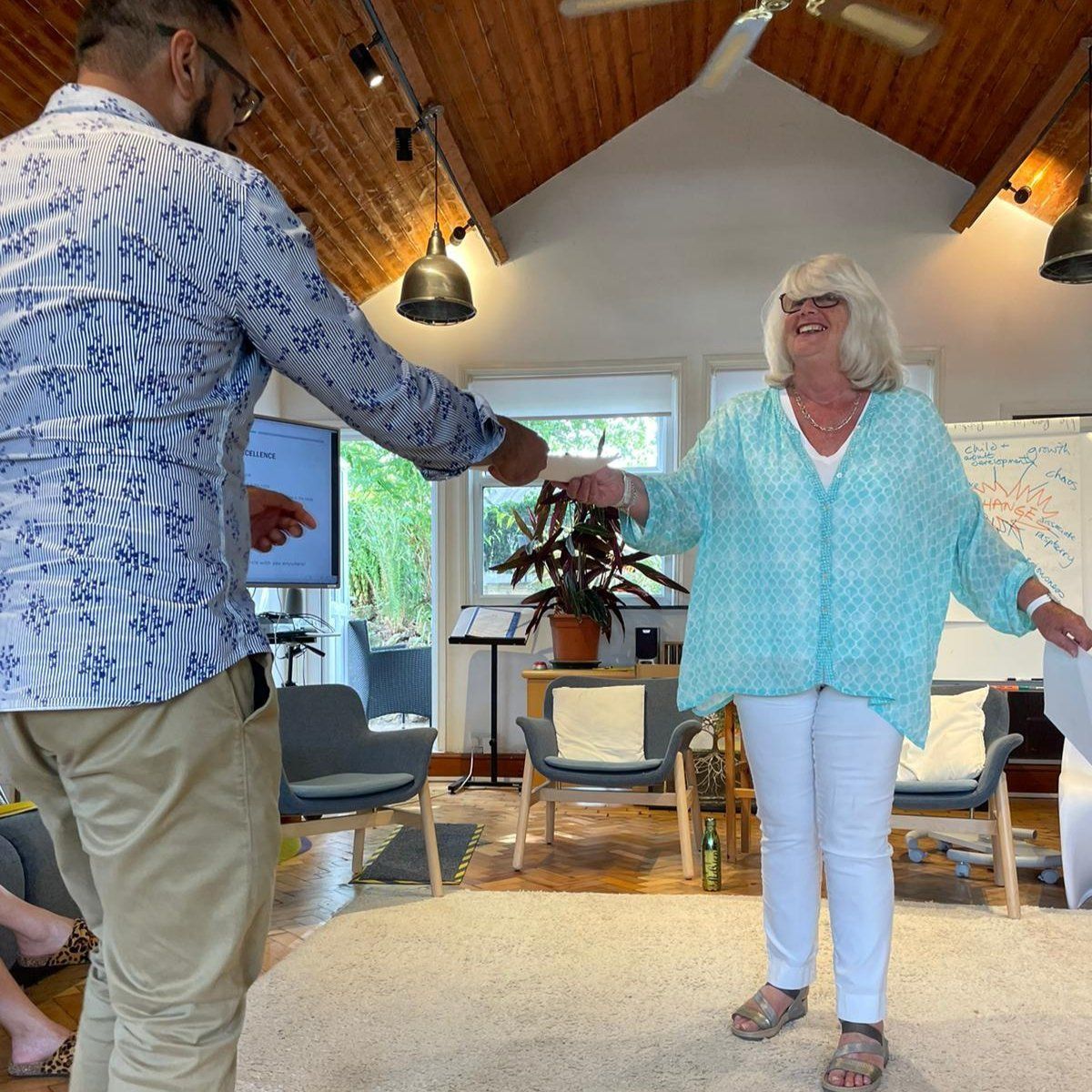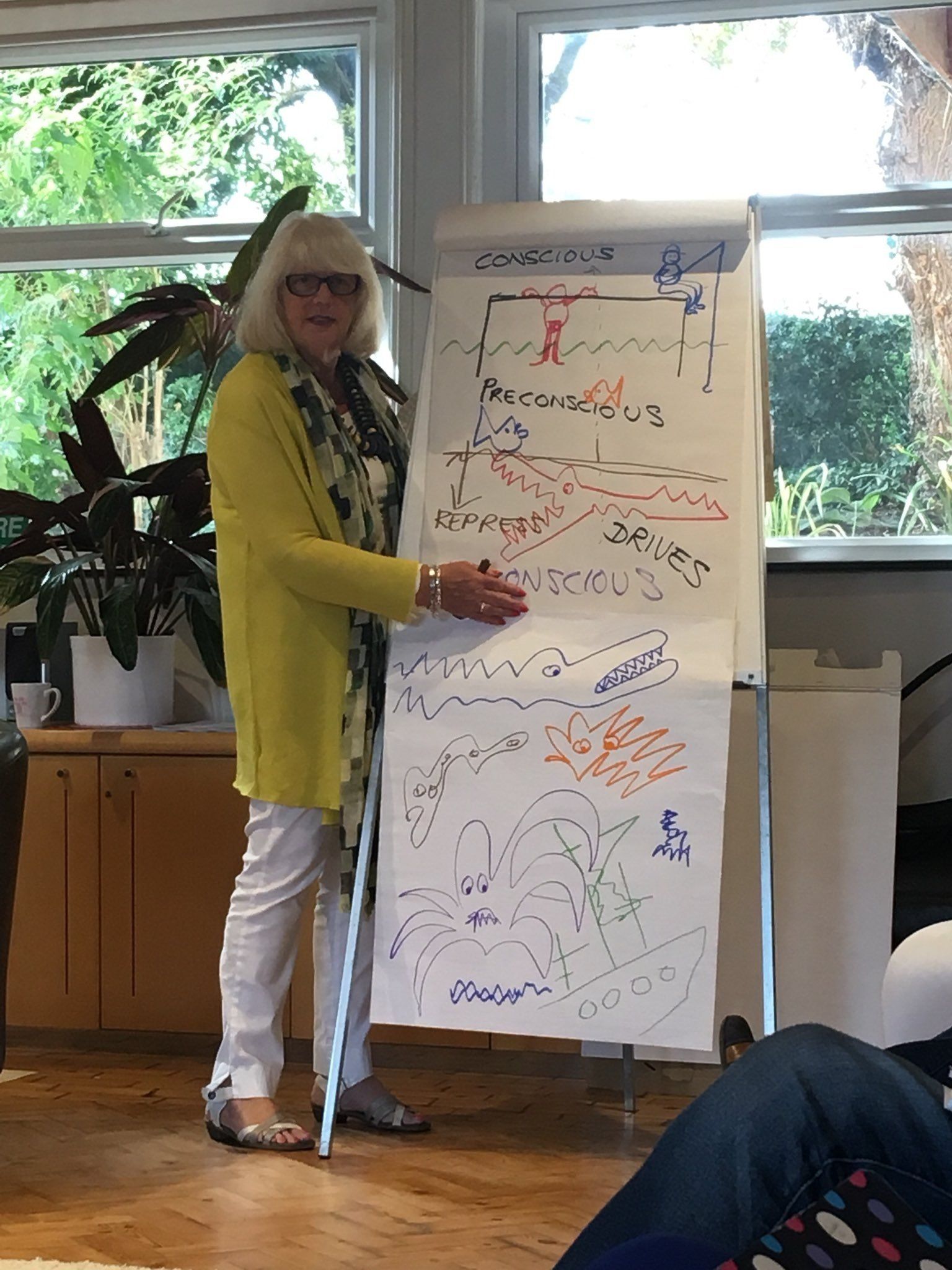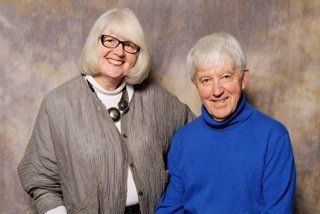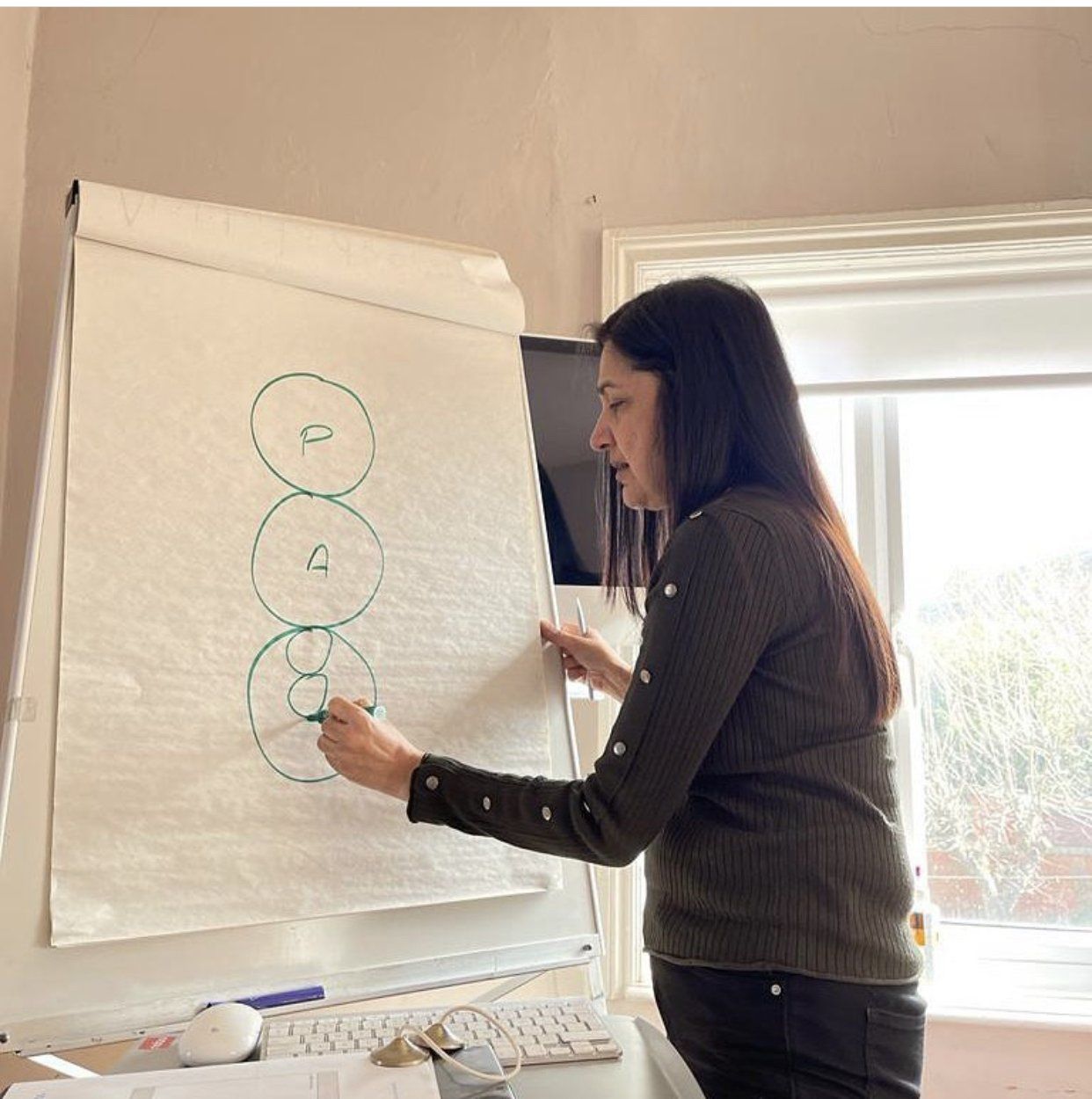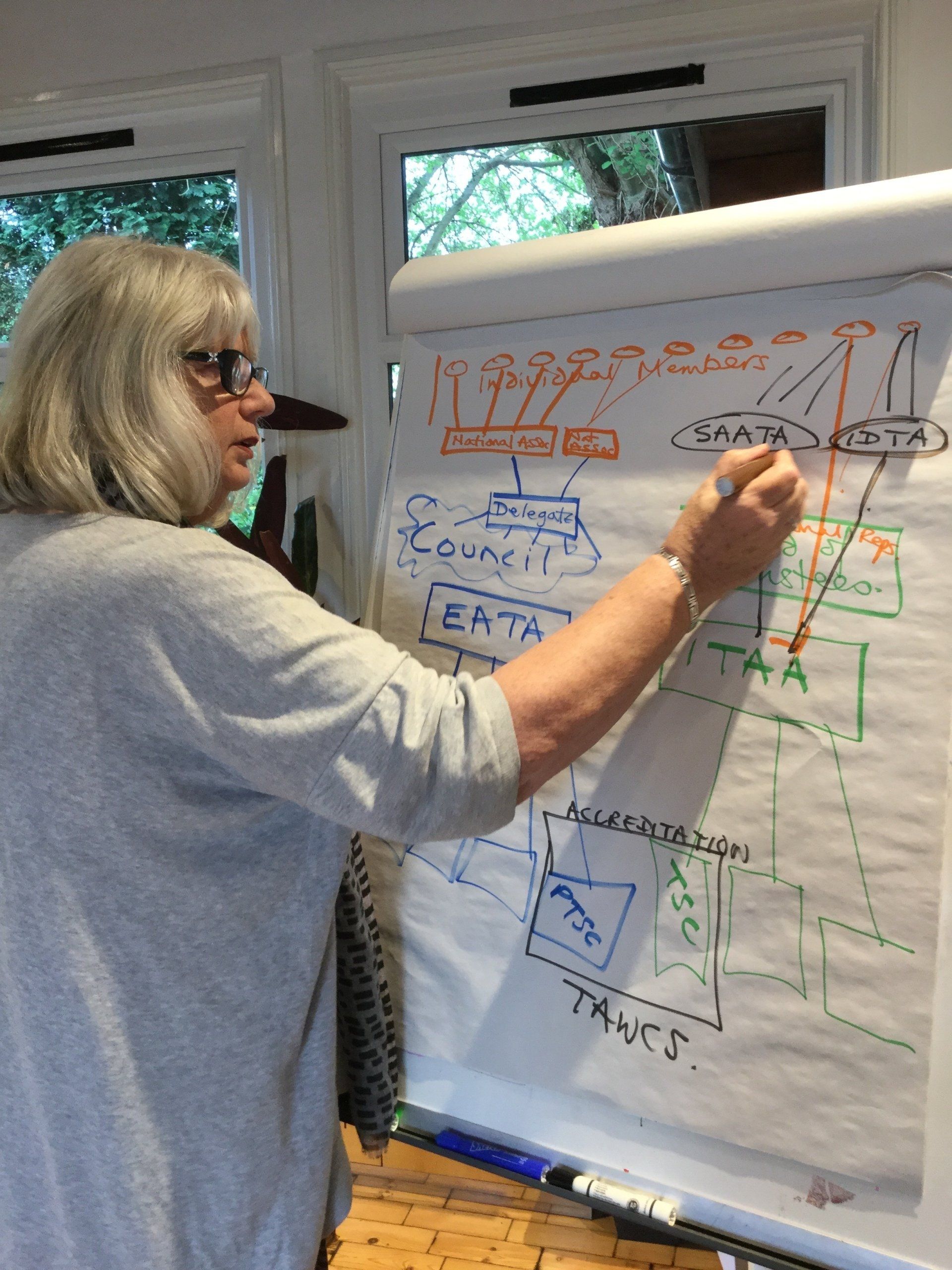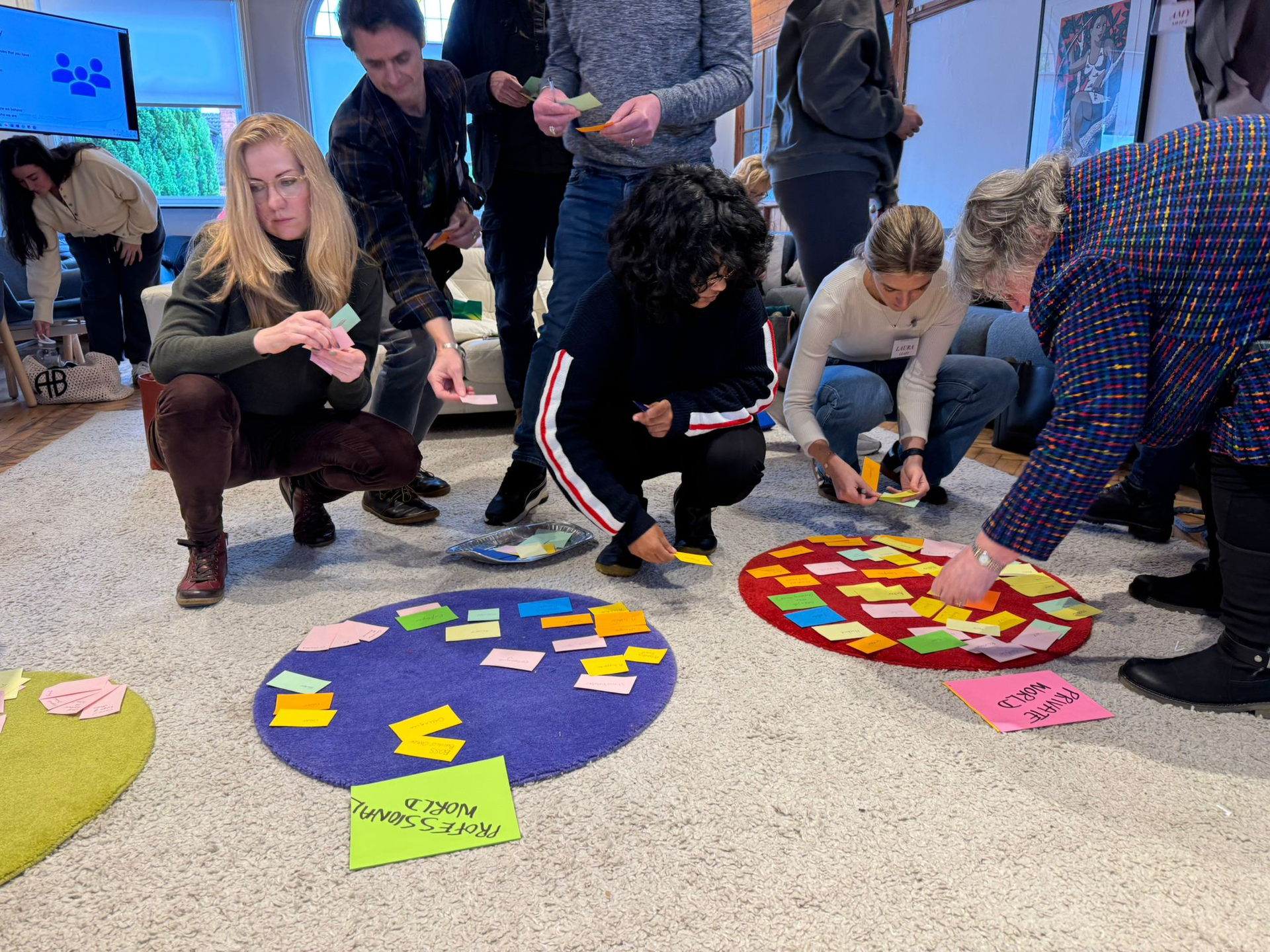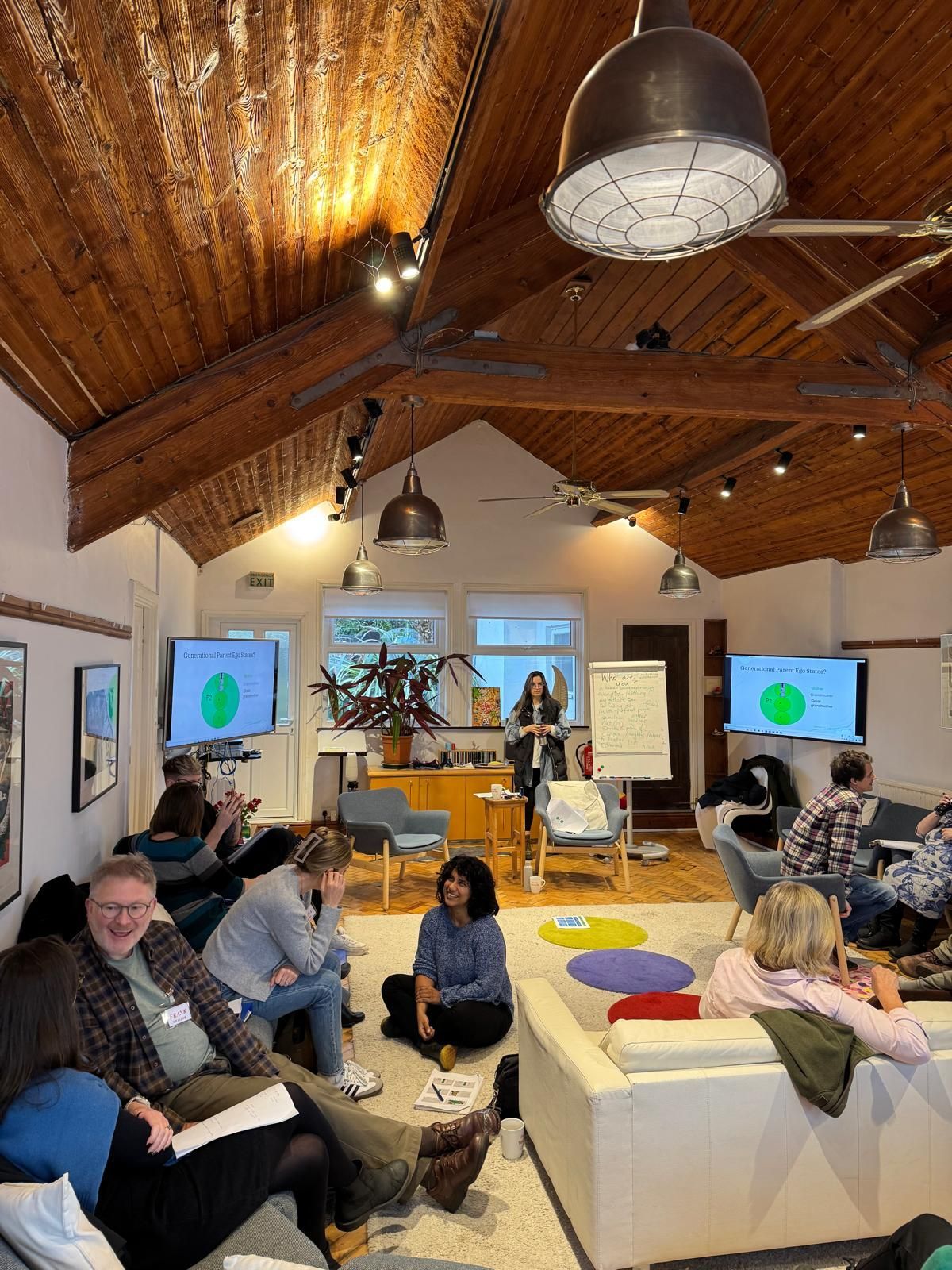Certified Transactional
Analyst (CTA)
About the Course
Training for the CTA takes place over ten weekends in each academic year. The total duration of the course will depend on your own initial experience and background, since it may be possible to credit prior learning towards the total hours requirement; as a general guideline most trainees can expect to take four to five years between entering the course and taking their final examination.
Summary
Course Cost
Fees 2024/25
£2650
Course Dates
Dates 2024/25
See TA Advanced Training page for dates
Tutors
Adrienne Lee TSTA(P)
John Heath TSTA(P)
Frances Townsend TSTA(P)
Our Core Philosophy
At The Berne Institute we recognise that people come into TA training with widely differing experiences of clinical practice, theoretical knowledge and formal academic learning, and that they differ widely also in their current personal resources and skills. Our courses therefore honour the uniqueness of each individual’s learning and experience and their different learning styles, pace and areas of competence.
The philosophy and practice of Homonomy that respects our mutuality and interconnectedness has been recently integrated into the Berne Institute philosophy. The aim is to expand the focus in our theory and practice from individual change to include a focus on the wider implications of our work on the whole community and our planet.

